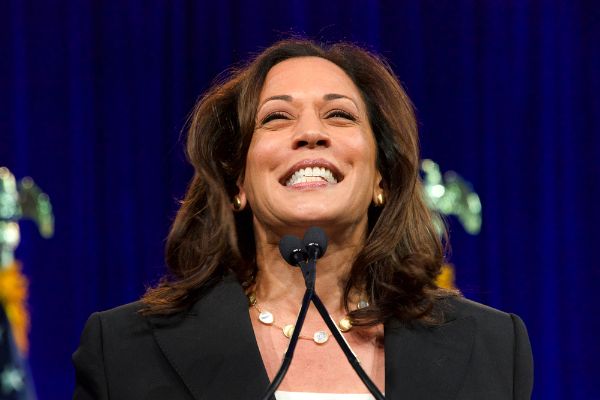The Biden administration recently declared a substantial financial commitment to international climate efforts, allocating $3 billion of U.S. taxpayer funds to the United Nations’ Green Climate Fund (GCF). This announcement was made by Vice President Kamala Harris at the COP28 climate conference in Dubai, emphasizing the U.S.’s resolve to combat climate change on a global scale.
During the conference, Harris urged for more significant action against climate change and criticized those who impede progress, including leaders denying climate science and corporations evading ecological responsibilities. Her speech underlined the urgency and the challenges in advancing climate initiatives.
This contribution to the GCF aligns with the Biden administration’s broader strategy to enhance international cooperation in addressing climate change. Notably, the U.S. also plans to participate in a related conference focusing on methane pollution, collaborating with representatives from China and the United Arab Emirates.
Special Presidential Envoy for Climate John Kerry lauded this funding decision. He highlighted the GCF’s proven effectiveness in aiding countries with their energy transitions, supporting communities to adapt to climate crises, and attracting significant private capital for climate-related actions. Kerry’s remarks reflected a strong endorsement of the GCF’s impact and the U.S.’s role in bolstering these global efforts.
The Green Climate Fund, established as a part of the 2009 U.N. Copenhagen agreement, plays a critical role in channeling resources towards developing countries. It aims to facilitate their endeavors in reducing emissions and managing climate-related damages. The Fund has been pivotal in mobilizing $100 billion annually for various climate change mitigation and adaptation initiatives in less affluent nations.
This significant investment by the U.S. into the GCF not only reaffirms its commitment to tackling climate change but also positions the country as a leader in global environmental stewardship. It reflects an understanding of the interconnected nature of climate challenges and the necessity of collaborative, well-funded international responses.





Comments are closed.